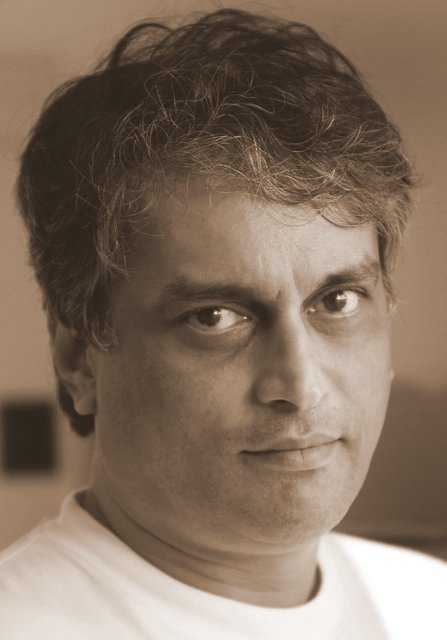on peter senge
Not a knowledge guru, but a community organiser. That's what Peter Senge, 58, would like to call himself. For, the author of Fifth Discipline (1990) and Presence (2004) has focused all his work on creating the learning organization--a community of people who continuously enhance their skill-sets not to survive but to innovate. Senge's organization creates leaders at all levels--learners who function like a networked community. Senge, who met DNA's Vinay Kamat in Mumbai on Monday, speaks about his experiences with companies and CEOs.
Q: Fifteen years after the publication of your book, have organisations become wiser? Or are they still grappling with the basic question: How do we create a learning organisation?
A: It's a pretty difficult world out there. Organisations are under great and constant pressure. The environment has only got tougher the last 15 years. There's more short-term pressure today. But there have been achievements in pockets too. For instance, there's a lot more pressure today on organisations to focus on social responsibility. So, it's a time of cross-currents. Learning is a process that never ends. Remember: all organisations are imperfect. They are laboratories of change.
A: You know it when you get a sense of enthusiasm. I visited an automobile company in China recently and found quiet energy on the shopfloor. It looked like a life-force: relaxed, focused, not frantic. Have you seen martial artistes practising? There's no wasted energy: there's more outcome from less energy. I saw that kind of energy in the Chinese factory. The people there were eager to learn even after having achieved a lot. They had that one question on their minds: Could you tell us how we can be better?
A: It's not so, in my opinion. I don't think the single-leader model works. And, at GE, it wasn't Jack Welch alone. Of course, he was a good CEO. But he was always surrounded by talented managers. Often, collective leadership is a hard story to write. So, when you talk of Welch, you must also talk of GE's culture which created its top managers. Welch was certainly one of them.
A: Yes, organisations should have layered vision horizons: 6-month, 5-year, 10-year and 50-year visions. We call them progression of visions. These visions are crucial to the evolution of the company as a learning, and progressive, organisation.

0 Comments:
Post a Comment
<< Home